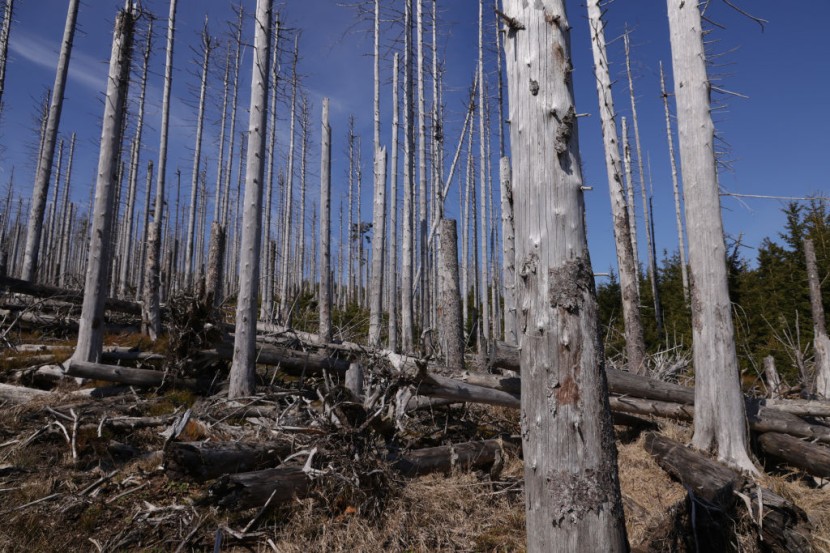
- United Nations' World Meteorological Organization warns that global temperatures could reach a critical warming threshold in the next five years
- The agency noted that the incident is possible due to the combination of heat-trapping pollution and a looming El Niño
- The WMO released a report that said there is a 98% chance that one of the next five years, or the period in general, will be the warmest in the history of the planet
The United Nations (UN) World Meteorological Organization (WMO) warned that our planet is now on track to reach a critical warming threshold for the first time in the next five years, renewing concerns over the climate change threat.
The WMO said the incident is possible due to various factors, including heat-trapping pollution and a looming El Niño. In recent years, the world has experienced temperatures rising as humans continue to burn planet-warming fossil fuels, including coal, oil, and gas.
UN Agency Warns of Critical Warming Threshold
Now, that trend is showing no signs of slowing down, and the WMO released its annual climate report that showed that between 2023 and 2027, there is a 66% chance that the global temperature will rise above 1.5 degrees Celsius above pre-industrial levels for at least one year, as per CNN.
With the continuous temperature rise, the agency's report added that there is a 98% chance that at least one of the next five years, as well as the five-year period as a whole, will be the warmest in the history of the Earth.
Despite the report, the WMO said breaching the 1.5-degree threshold is only temporary but argued that it would be the clearest signal of how fast climate change is accelerating. The phenomenon is responsible for rapidly rising sea levels, extreme weather, and the end of vital ecosystems.
Various countries have pledged in the Paris Climate Agreement to limit global warming to below 2 degrees Celsius. They preferred going at most 1.5 degrees compared to pre-industrial temperature levels.
Read Also : UK's Space Forge Unveils Groundbreaking Innovation for In-Space Manufacturing Satellites
Consequences of Severe Global Warming
If the world goes beyond the 1.5-degree threshold every year for a decade or two, it will have far greater consequences from global warming. According to BBC, there would be longer heatwaves and more intense storms and wildfires.
However, scientists said that passing the threshold in one of the next five years is not considered breaking the Paris limit. They said that there is still enough time to limit global warming by working to reduce emissions dramatically.
During a Wednesday press conference, the secretary-general of the WMO, Petteri Taalas, said that it practically guaranteed that the warmest year on record would come in the next five years. He cited data and modeling from 18 global research centers.
At the temperature threshold, most land areas will likely experience hotter days as about 14% of the world's population become "exposed to severe heat waves" at least once every five years.
The UN also warned that reaching this global warming would result in precipitation and droughts becoming more frequent and intense. This would result in greater risks related to energy, food, and water, said CBS News.
© 2025 HNGN, All rights reserved. Do not reproduce without permission.








